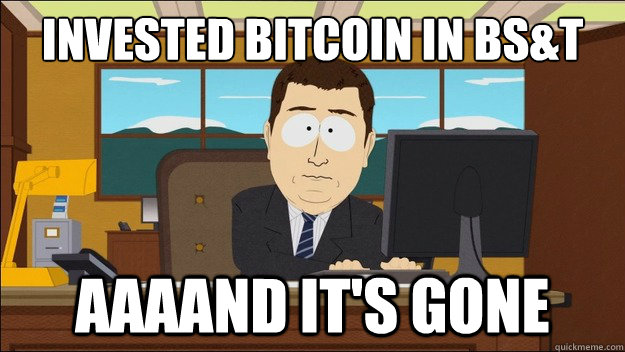Silk what? Bitcoin still going strong!
Yeah, so Silk Road, the largest online marketplace for many things, primarily drugs, was recently shut down, and its alleged operator arrested. “Bitcoin is dead“, the naysayers will say.
Well, think again.
2 months price chart (log scale)
1 year price chart (log scale)
There was a big panic on October 2nd, the day of the seizure. People who buy into the FUD and are used to thinking that “Bitocin is about the drugs” sold their bitcoins. However, as is now evidently clear, the market recovered lightning fast. Bitcoin is about drugs just as much as the U.S Dollar is about drugs – it is a currency, and can be used for all kinds of purposes, from buying drugs to buying socks.
Among the key attractors of Bitcoin, anonymity was never the number one feature. Bitcoin, in its current form, is not anonymous, unless combined with a high level of paranoia and network privacy … and even then, you’re always at risk of being caught because of a silly mistake you did two (or ten) years ago. Regardless of any supposed pseudo-anonymity properties, Bitcoin remains a decentralized, thin on fees, inflation-resistant currency that is outside the reach and control of any government or organization. It (and its brothers) may very well be the only currencies that remains viable in light of the upcoming financial crisis. In any case, when analyzing Bitcoin, I advise you all to disregard the rise and fall of any particular website – Bitcoin is not a website, nor it is a single company or entity. The fall of Silk Road just propelled numerous discussions of Silk Road 2.0 – a decentralized alternative to Silk Road (as well as the many centralized services now vying to occupy the space left by Silk Road).
The FBI only managed to make Dread Pirate Roberts, the Silk Road operator, into a martyr. I am attaching the note on the LinkedIn profile of Ross Ulbricht, the person arrested as the real world identity of DPR:
Now, my goals have shifted. I want to use economic theory as a means to abolish the use of coercion and agression amongst mankind. Just as slavery has been abolished most everywhere, I believe violence, coercion and all forms of force by one person over another can come to an end. The most widespread and systemic use of force is amongst institutions and governments, so this is my current point of effort. The best way to change a government is to change the minds of the governed, however. To that end, I am creating an economic simulation to give people a first-hand experience of what it would be like to live in a world without the systemic use of force.
P.S. Thanks Aya for suggesting I write about Silk Road, it’s been a while since I wrote and this is an excellent topic.
